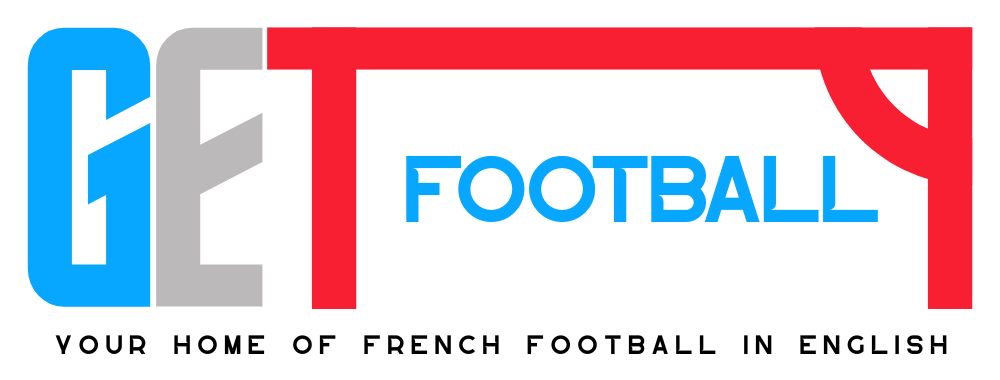The Court of Justice of the European Union (ECJ) has ruled that some of FIFA’s rules governing international transfers go against EU law as per the verdict to the high-profile case put forward by former France international Lassana Diarra.
Diarra was sacked by Lokomotiv Moscow in 2014 following missed training sessions after a contract dispute with the Russian club. Lokomotiv then sued the Frenchman for a breach of contract, to which he was liable to pay the club around €10 million (what their accountants believed he was worth).
Diarra disputed this decision at FIFA’s Dispute Resolution Chamber (DRC) which ruled in Lokomotiv’s favour and banned the player from signing with another club until he had paid his previous team what they believed they were owed. Diarra appealed this decision at the Court of Arbitration for Sport (CAS) which sided with the original ruling.
Without a contract, Royal Charleroi were willing to secure Diarra on a free transfer. However, the Belgian team wanted assurances that they would not have to pay their Russian counterparts any compensation. Diarra asked FIFA for confirmation on this, however, as The Independent reported they referred the matter to the DRC which responded weeks afterwards.
This delay caused the move to the Belgian side to fall through, to which Diarra and his lawyers believed that the footballer had lost out on significant earnings (€6 million) and argued that FIFA’s rules had breached EU laws.
ECJ rules in favour of Lassana Diarra against FIFA
In a press release, published today, the ECJ announced that some of FIFA’s rules are contrary to EU law as they “impede the free movement of professional footballers wishing to develop their activity by going to work for a new club” and “in a number of respects… go beyond what is necessary to pursue that objective.”
The former Paris Saint-Germain midfielder’s lawyers, Jean-Louis Dupont and Martin Hisse, referred to the verdict as a “total victory” for the player, in a decision that was also celebrated by FIFPro (the players union) as one that would “change the landscape of professional football.”
FIFA commenting on the case stated, “The ruling only puts in question two paragraphs of two articles of the FIFA Regulations on the Status and Transfers of Players, which the national court is now invited to consider… FIFA will analyse the decision in co-ordination with other stakeholders before commenting further.”









